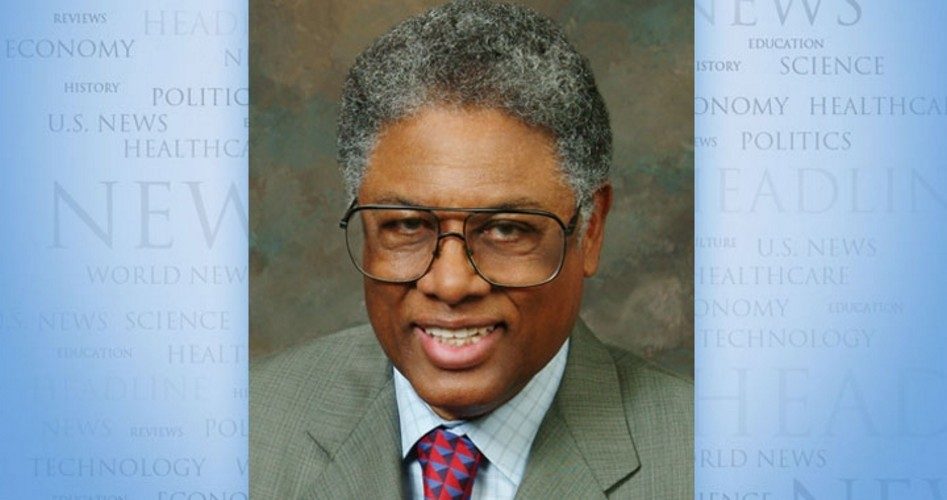
One of the many painful signs of the mindlessness of our times was a recent section of the Wall Street Journal, built around the theme “What’s Holding Women Back in the Workplace?”
Whenever some group is not equally represented in some institution or activity, the automatic response in some quarters is to assume that someone has prevented equality of outcomes.
This preconception of equal outcomes requires not one speck of evidence, and defies mountains of evidence to the contrary. Even in activities where individual performances are what determine outcomes, and those performances are easily measured objectively, there is seldom anything resembling equal representation.
For 12 consecutive years — from 2001 through 2012 — each home run leader in the American League had a Hispanic surname. When two American boys whose ancestors came from India tied for first place in the U.S. National Spelling Bee in 2014, it was the 7th consecutive year in which the U.S. National Spelling Bee was won by an Asian Indian.
We all know about the large over-representation of blacks among professional basketball players, and especially among the star players. The best-selling brands of beer in America were created by people of German ancestry, who also created China’s famed Tsingtao beer. Of the 100 top-ranked Marathon runners in the world in 2012, 68 were Kenyans. The list could go on and on. Although blacks are over-represented among professional football players, even the most avid National Football League fan is unlikely to be able to recall seeing even one black player who kicked a punt or a point after touchdown.
Should there be an article titled: “What’s Holding Black Kickers Back in the NFL?” Could it be that blacks are more interested in playing positions where there is more action and — not incidentally — more money?
Should there be an article titled: “What’s Holding Back Whites in the National Basketball Association?” Or an article titled: “What’s Holding Back Non-Asian Indian Kids from Winning the Spelling Bee?” Lawsuits claiming discrimination have been won on the basis of statistical disparities far smaller than these.
Among the many reasons for gross disparities in many fields, and at different income levels, is that human beings differ in what they want to do, quite aside from any differences in what they are capable of doing, or what others permit them to do. Observers cannot just grab a statistic and run with it, though that is what is done too often in the media — and even in courts of law.
Particular opportunities are seized by some groups and used to rise from poverty to prosperity. But, for other groups, those same opportunities might as well not exist, because other groups are oriented in different directions, and those opportunities might not even catch their attention.
As regards statistical disparities in the representation of women in various occupations or at different income levels, a number of outstanding female scholars, including Professor Claudia Goldin of Harvard, have shown many ways in which women’s circumstances and priorities differ from those of men.
Men, for example, don’t get pregnant. And where children are raised by a single parent, that parent is a mother far more often than a father. You cannot work the 60-hour weeks that are needed to reach the top in some fields when you have children to raise.
But we seldom hear about such facts, while we constantly hear charlatans loudly proclaiming numerical “gender gaps” in employment or pay, and suing for discrimination.
Charlatans are only half the story. The other half includes people who are gullible enough to be led around like sheep by those exploiting the prevailing political correctness dispensed in our schools, colleges and the media.
Moreover, the sheep in both high and low positions often also implicitly believe that the cause of statistical disparities must have originated wherever the statistics were collected, and therefore must be the fault of the employer — even though the factors behind those disparities may have originated far from the employer and long before the people involved reached the employer.
So long as there is widespread gullibility, there will be charlatans ready to exploit it for their own benefit, either politically or financially.
Thomas Sowell is a senior fellow at the Hoover Institution, Stanford University, Stanford, CA 94305. His website is www.tsowell.com. To find out more about Thomas Sowell and read features by other Creators Syndicate columnists and cartoonists, visit the Creators Syndicate Web page at www.creators.com.
COPYRIGHT 2015 CREATORS.COM
Related articles:



